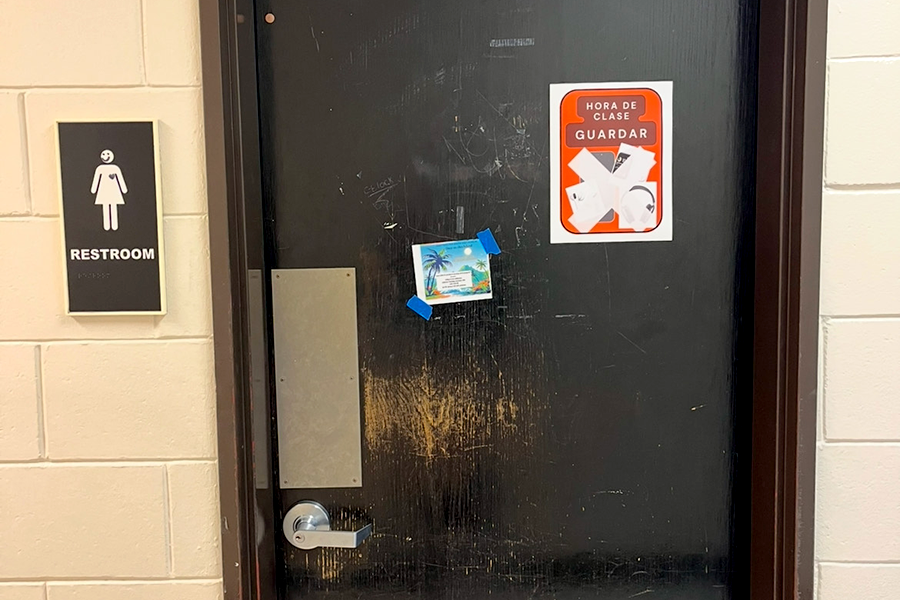 While some immigrants blend into the American culture and customs they see around them, Somalians tend to stay faithful to their culture and religion, which can lead some Somali teenagers into conflict between their home and school lives. South High is teeming with students who choose to stay faithful to their culture, religion, and heritage.
While some immigrants blend into the American culture and customs they see around them, Somalians tend to stay faithful to their culture and religion, which can lead some Somali teenagers into conflict between their home and school lives. South High is teeming with students who choose to stay faithful to their culture, religion, and heritage.
“It’s an identity,” said Ridwa Yakob, sophomore, about being Somali. Yakob follows most of the Somali traditions, such as reading the Quran and dressing traditionally. “It feels as if I pour my whole being into schoolwork, but when I come home I still try to help out.” Along with having strong family ties, Yakob explained how it is often easier to befriend people from her culture. “They know what it’s like to have Somali parents,” she says.
10th grader Sahaam Ali agrees with Yakob, noting, “In a way, [Somali parents] aren’t understanding. They push you really hard.” Ali also finds it easier to connect with other Somalians because “usually they speak the same language and have the same culture.”
Sophomore Saida Mahamud agreed that it is easy to bond with people who live similarly. “You share the same language, and the majority of them share the same religion as you,” Mahamud pointed out. “If it is a Somali person, your parents trust them easier.”
“[Being Somali] means strong culture, the poetry, the music, the food,” stated Mahamud. However, when cultural values and social values collide, conflict can ensue. According to Mahamud, such social tangles occur “when there’s dances, and dating goes totally against your religion. Sometimes religion outweighs culture.”
Ali takes a similar stance, but also says that there is conflict between values of the culture and values of the Islamic religion. “Our religion says you can’t dance and listen to music, but there is dance and music in the culture. It’s hard to understand both things.” Ali also stresses the difficulties of maintaining a religious lifestyle in a mainly impious society. “It’s difficult to balance memorizing the Quran with schoolwork, and to say that to a teacher? They don’t understand.”






